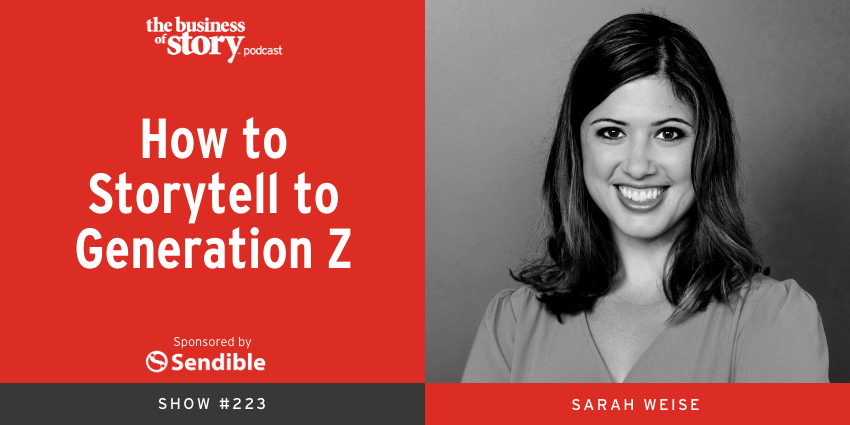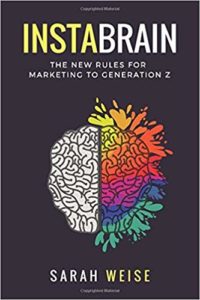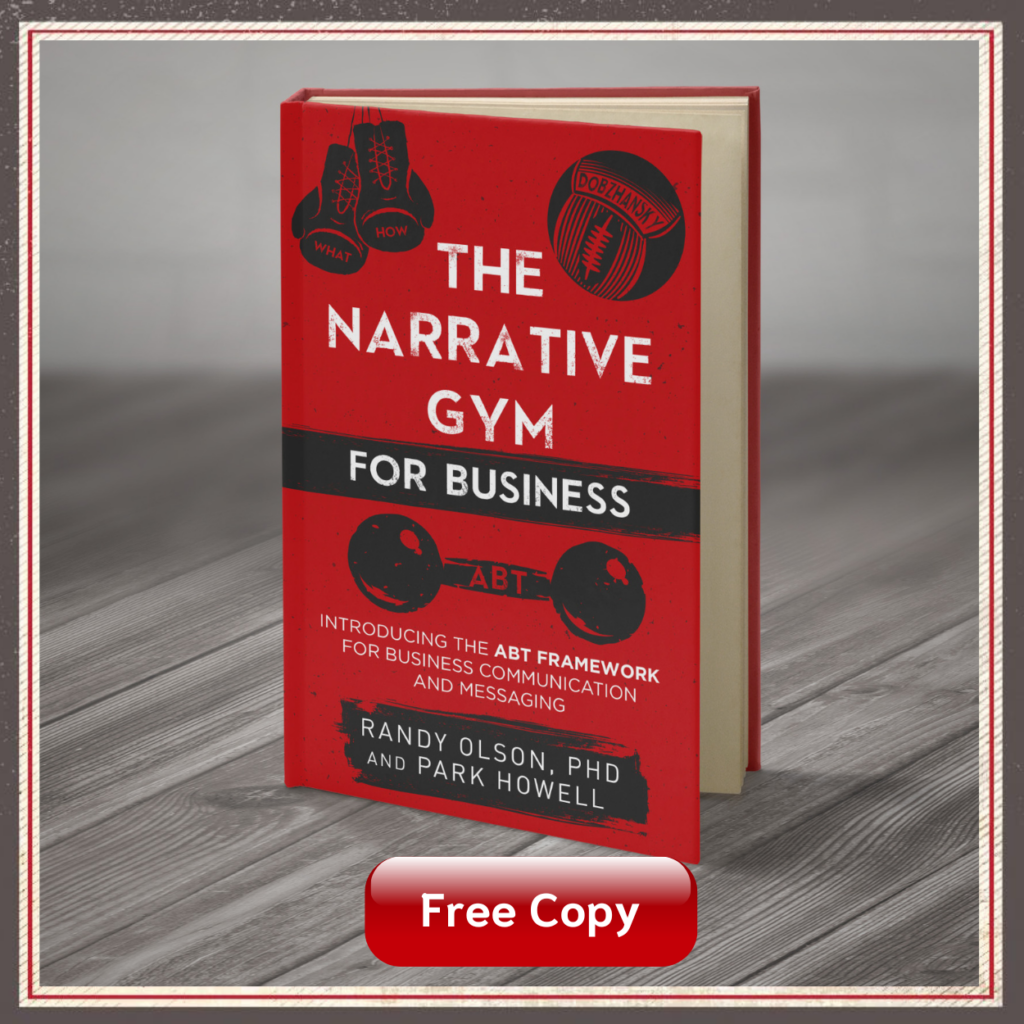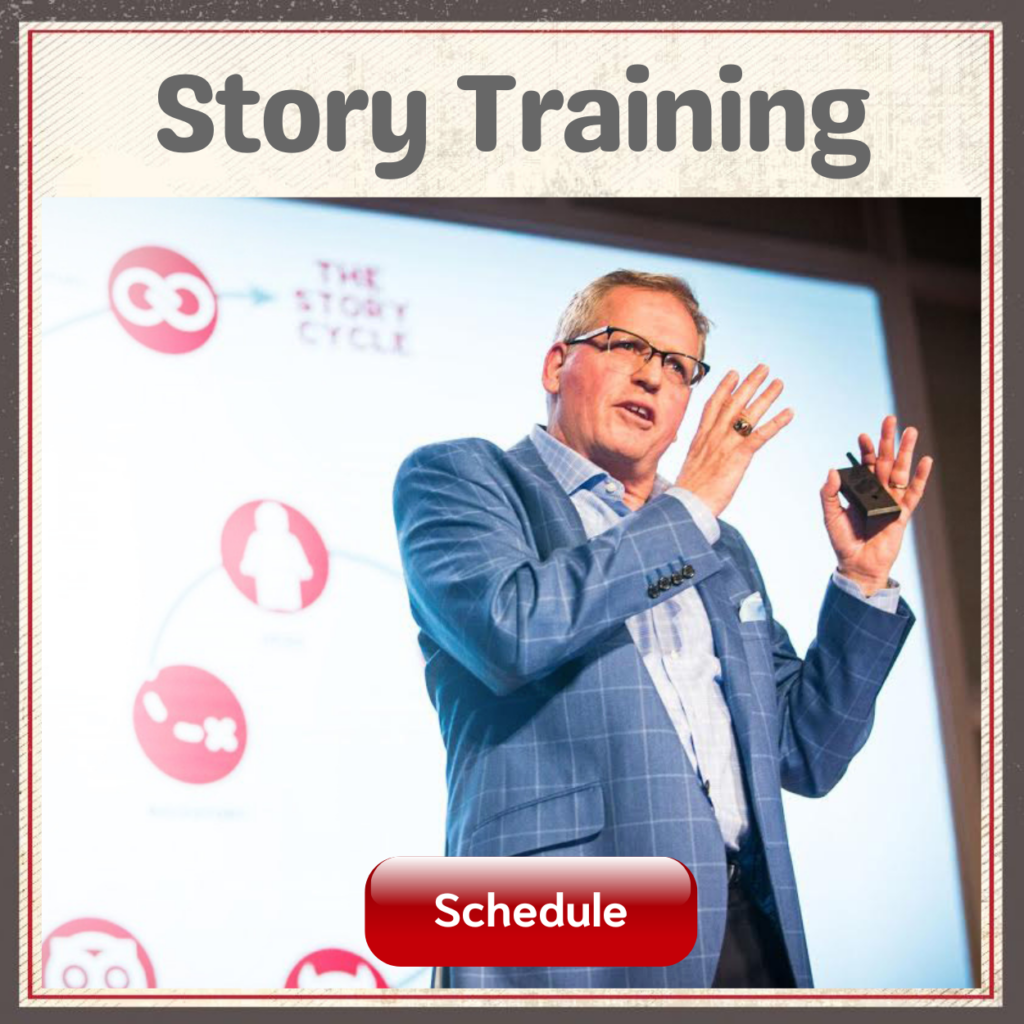
#223: How to Storytell to Generation Z
Marketing a product or service requires a deep understanding of your buyer’s persona which requires first identifying the generation they belong to. This is because each generation has grown up with different viewpoints and norms, consequently effecting how they find information and make purchases. However many marketers are still solely focused on millennials, unaware that the majority of consumer purchases are actually coming from an emerging generation, Generation Z (Gen Z). Therefore if you learn how to take advantage of this oversight, you can increase your influence among this generation, resulting in much higher sales.
This week I’m chatting with Sarah Weise, CEO of Bixa, an award-winning research firm. Sarah’s firm has focused its attention and research on Gen Z and recently released a book based on the findings titled, Instabrain: The New Rules for Marketing to Generation Z. And you if you care about selling products or services to future generations, you will want to listen up (and definitely buy the book) because this generation already makes up 40% of American consumers today.
First things first, who is Gen Z? They are individuals whose ages range from 13 to 25 years old and are the largest living generation right now.

Because of the era in which they grew up, Gen Z’s brains have actually rewired themselves in order to take in more information at a time, quickly and efficiently. ~Sarah Weise
So how does a marketer deal with these shortened attention spans? This is where story becomes essential and having a hook that grabs attention spans quickly is a must. But unlike generations before, the stories that hook them the fastest and greatest are the product of influencers.
With Gen Z you have to use influencers in your marketing, and it doesn’t have to be the mega influencers anymore. ~Sarah Weise
The reason Gen Z gravitates towards influencers is because many of them grew up using Instagram, YouTube, and other platforms where “micro” influencers have become role models for many users.
Gen Z is much more likely to trust and buy product from micro-influencers because they feel a real connection to them. ~ Sarah Weise
Discussed in this Episode
- Why storytelling needs to look different depending on the generation your audience belongs to
- The importance of understanding who is your audience before you can craft your story
- How the way a generation is raised affects the type of stories they find relatable
- Why the platform you use to tell your story affects how you should share it
- How to tailor your story to meet the expectations of various social media platforms’ viewers
Resources & Links
- INSTABRAIN: The New Rules for Marketing to Generation Z
- Bixa
- Sarah Weise’ Linkedin
- Sarah Weise’ Instagram
- Pow Wow Design Studio
- The Coddling of the American Mind: How Good Intentions and Bad Ideas Are Setting Up a Generation for Failure
- Start your 30-day free trial of Sendible today. Don’t forget to use our special link to get 30% off the Traction plan: sendible.com/park30
- Business of Story listeners, please take this short survey
 Listen To More Episodes
Listen To More Episodes








